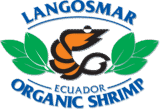Certificates
Certificates
Our mission is to produce premium-quality shrimp through socially and environmentally responsible practices, ensuring our customers receive a consistently reliable product with exceptional traceability. Our shrimp farms and packaging facilities are certified by the industry’s most respected international standards.
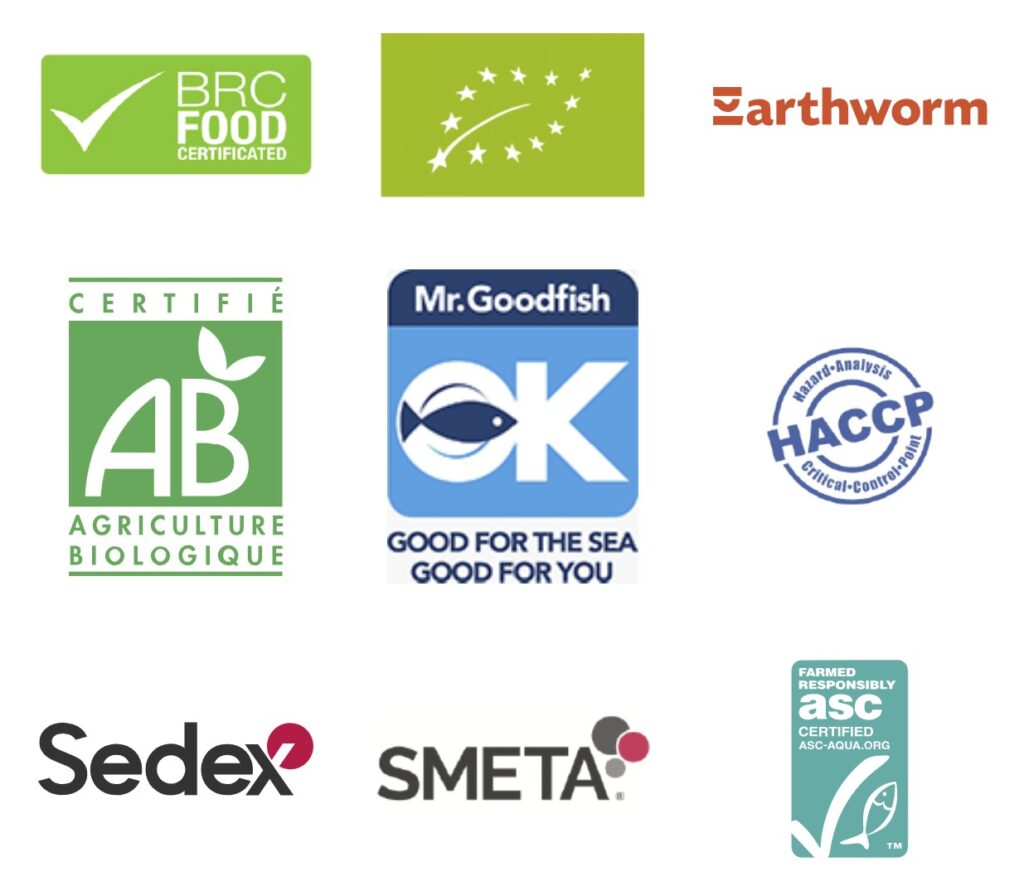
Our Commitment
We are committed to providing responsibly farmed, high-quality shrimp. To protect the natural environment and minimize ecological impact, we have preserved the surrounding mangrove forests, ensuring the habitats of other species remain undisturbed.
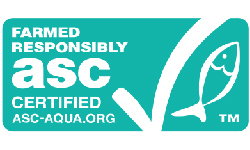
ASC — Aquaculture Stewardship
It is a labeling and certification program for responsibly farmed seafood products that promotes industry best practices to minimize the environmental and social impact of commercial aquaculture. It includes strict requirements regarding the Environmental Impact Assessment of Biodiversity (B-EIA) and the Participatory Social Impact Assessment (PSIA), with the active participation of all stakeholders, including communities near shrimp farms.
The ASC standards cover the following seven principles:
- Legal Compliance (obey the law, the legal right to be there)
- Preservation of the Natural Environment and Biodiversity
- Water Resource Conservation
- Preservation of Wild Species Diversity and Populations (e.g., avoiding escapes that may pose a threat to wild fish)
- Responsible Use of Balanced Feed and Other Resources
- Animal Health (no unnecessary use of antibiotics and chemicals)
- Social Responsibility (e.g., no child labor, worker health and safety, freedom of association, community relations)
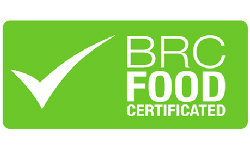
BRCGS — British Retail Consortium
The BRCGS Global Standard for Food safety was created to help the food industry meet legislative requirements of the European Union General Product Safety Directive and the UK Food Safety Act. BRCGS certification is an internationally recognized mark of food safety and quality.
In order to obtain this certification, establishments need to undertake a third-party audit against Standard requirements by and accredited certification body.
The BRCGS makes special emphasis on the importance of management commitment. It focuses on HACCP processes, quality management systems, manufacturing processes along with their respective documentation, ensuring resilience, transparency and traceability in the supply chain, among others.
The ASC standards cover the following seven principles:
- Legal Compliance (obey the law, the legal right to be there)
- Preservation of the Natural Environment and Biodiversity
- Water Resource Conservation
- Preservation of Wild Species Diversity and Populations (e.g., avoiding escapes that may pose a threat to wild fish)
- Responsible Use of Balanced Feed and Other Resources
- Animal Health (no unnecessary use of antibiotics and chemicals)
- Social Responsibility (e.g., no child labor, worker health and safety, freedom of association, community relations)

Euroleaf
The European Organic Certification allows producers to use their logo on their packaging to help consumers in the European Union easily identify organic products.
This certification focuses on climate and environment protection, conservation of soil fertility, preservation of biodiversity, respect of natural cycles and animal welfare, absence of use of chemical and synthetic products, absence of GMOs, and transparent labeling for consumers.
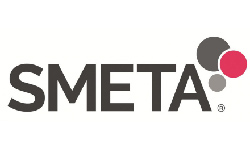
Euroleaf
Since we strive to give our customers the confidence that besides a top-quality product, they are also acquiring it from an ethical and responsible company, we conducted a SMETA 4-pillar audit in our shrimp farms and processing plant.
SMETA uses the Ethical Trading Initiative Base Code along with local law to monitor standards of responsible and ethical business practices.
The 4-pillar audit comprises:
- Labor Standards
- Health & Safety
- Environment (extended)
- Business Ethics
- Additional Elements:
- Management Systems
- Entitlement to Work
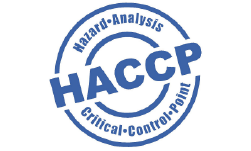
HACCP — Hazard Analysis and Critical Control Points (Análisis de peligros y puntos críticos de control)
HACCP is an internationally recognized system for reducing the risk of safety hazards in food. HACCP requires that potential hazards are identified and controlled at various points in the process, including chemical, biological, and physical hazards.
This method is based on seven principles:
- Conduct a hazard analysis
- Identify critical control points
- Establish critical limits
- Establish monitoring procedures
- Establish corrective actions
- Establish record keeping procedures
- Establish verification procedures
